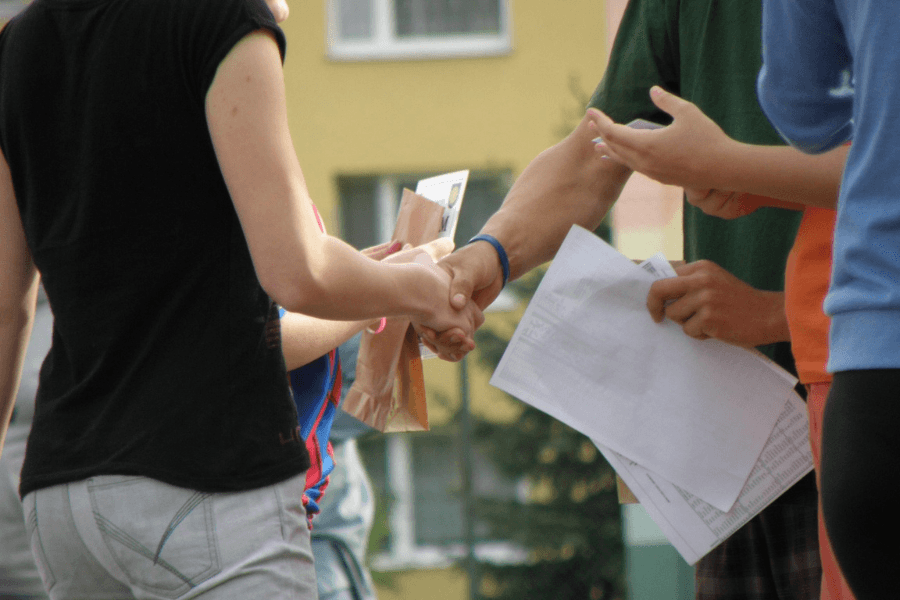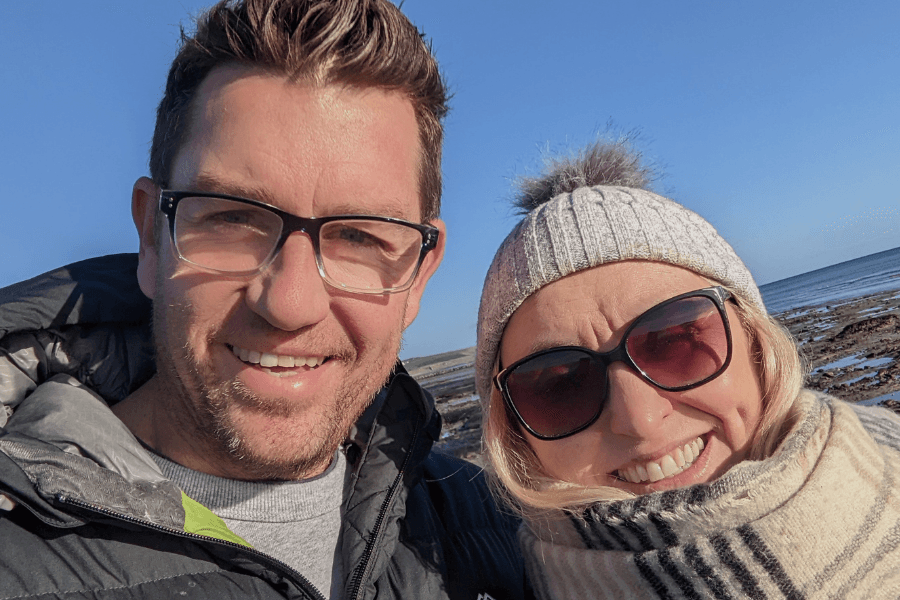Do you ever find yourself stuck in a negative cycle, constantly looking for ways to stop procrastinating?
You know what needs to be done, but endlessly putting it off?
You’re not alone. Procrastination is a common challenge that many of us face, myself included.
It often leads to feelings of stress and frustration. But here’s the good news: it doesn’t have to stay that way.
In this post, I’ll share seven practical ways to stop procrastinating, take meaningful action, and free yourself from the burden of unfinished tasks.
By tackling procrastination head-on, you can start your day strong, build momentum, and enjoy the satisfaction of a productive life.
1. Start Your Day With the Most Important Task
Tackling the hardest or most important task first thing in the morning helps you build momentum and reduces mental clutter.
Known as “eating the frog” (a term popularised by Brian Tracy), this approach ensures that the rest of your day feels lighter by comparison.
Example:
- Think of that report, email, or workout you keep avoiding.
- Block off the first 30 minutes of your morning to focus exclusively on it—no distractions.
Action Steps:
- Identify tomorrow’s most challenging task before bed.
- Write it down and commit to starting with it.
2. Break Tasks Into Smaller Steps
While big tasks are important they can often feel overwhelming, leading us to avoid them altogether. Breaking them into smaller, manageable steps makes them less intimidating.
Example:
- Instead of “write the presentation,” break it down into:
- (1) outline main points
- (2) design slides
- (3) rehearse delivery
Action Steps:
- Take one big task you’ve been avoiding and break it into three smaller steps.
- Start with step one today.
- The Psychology Today article is a great additional resource on ways to stop procrastinating.
3. Set a Timer and Just Start
Often, the hardest part of any task is starting. Using a timer creates urgency and limits the time you spend overthinking.
Example:
- Use the Pomodoro Technique—work for 25 minutes, take a 5-minute break, and repeat.
Action Steps:
- Set a timer for 10 minutes and begin working on your next task.
- You’ll likely find that starting is easier than expected.

4. Eliminate Distractions
Studies tell us that it takes an average of more than 20 minutes to get back into deep work after a distraction.
By minimising interruptions, you can work more effectively and stay on track, as recommended by psychologists.
Example:
- People, phone calls, notifications, that guitar sitting in the corner, the water cooler!
Action Step:
- Identify one major distraction in your environment and remove it before starting your next task.
- Put your phone in another room
- Close unnecessary tabs
- Use apps like Focus@Will or Freedom to block distracting websites.
- Put meaningful thought into your ideal work environment
5. Create a Morning Routine
A consistent morning routine primes your mind and body for action.
It builds structure into your day and reduces decision fatigue.
Example:
- Start your morning with a simple routine: drink water, review your goals, and focus on one meaningful task.
Action Step:
- Design a three-step morning routine that energises you and aligns with your goals.
- Begin tomorrow.
- Don’t miss more than one day in a row!
6. Reward Yourself for Progress
Positive reinforcement builds motivation and makes tasks feel more enjoyable.
Celebrate your wins, no matter how small.
Example:
- After completing a task, treat yourself
- Maybe a walk outside
- Your favourite snack
- Or 10 minutes of guilt-free relaxation.
Action Step:
- Plan a reward for completing one task today.
- Use it to motivate yourself to take more action.
7. Reframe Your Mindset Around Procrastination
Procrastination often stems from fear of failure or perfectionism.
Shifting your mindset can help you see action as progress rather than something to fear.
This is about just getting started.
Example:
- Instead of thinking, “I have to get this perfect,” remind yourself, “Done is better than perfect.”
Action Step:
- Write down one limiting belief you have about taking action
- Replace it with an empowering statement.
- Remember to be kind to yourself if you slip, keep coming back, and put in the reps!
Conclusion: Just Take That First Step Today
Procrastination doesn’t have to control your life.
If you are looking for ways to stop procrastinating, one of the best decisions you can make is to decide to start your day with purpose.
Breaking tasks into smaller steps and building habits that support productivity are powerful ways you can get started overcoming procrastination.
The key gaol is to just make a start—even if it’s small—and build momentum from there.
What’s one action you’ll take today to get closer to your goals?
Ready to Stop Procrastinating for Good?
If you’re ready to take the next step and create a life you love, book a free brainstorming session today and let’s work together to achieve your goals!



